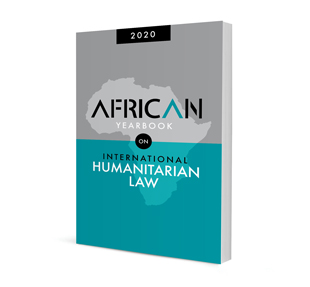The myth of a central role by institutional shareholders in corporate governance

The myth of a central role by institutional shareholders in corporate governance
Author: Ntombizodwa Lucia Zikhali
ISSN: 2521-2575
Affiliations: Candidate Legal Practitioner, Gildenhuys Malatji Inc
Source: Journal of Corporate and Commercial Law & Practice, Volume 8 Issue 2, 2021, p. 1 – 20
https://doi.org/10.47348/JCCL/V8/i1a1
Abstract
The need for transparent and high standards of corporate governance is expressly highlighted in s 7 of the Companies Act 71 of 2008. There has been a wide call by those concerned with corporate governance for institutional investors to take a central role in ensuring corporate governance reform is successfully achieved. A number of concerns are highlighted that stand in contrast with this expectation of institutional investors taking on such a lead role. These concerns relate to competition in the investment market, performance incentives, short-termism, unwarranted interference with director authority, lack of expertise, the burden of investment and existing statutory mechanisms making this expectation unrealistic and a potential for more problems rather than a solution.

